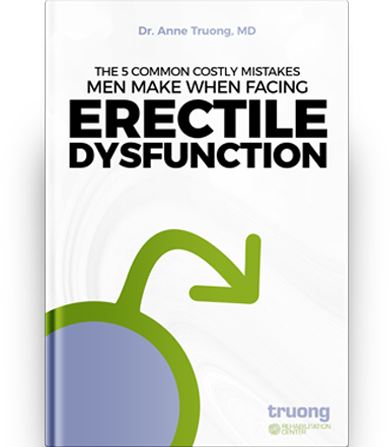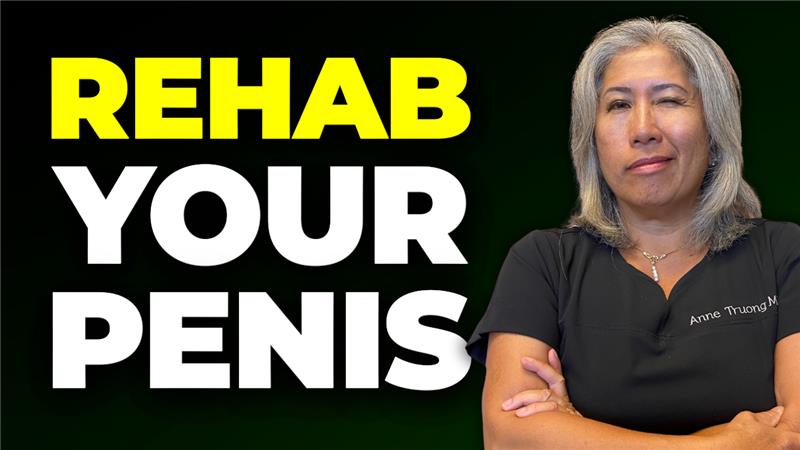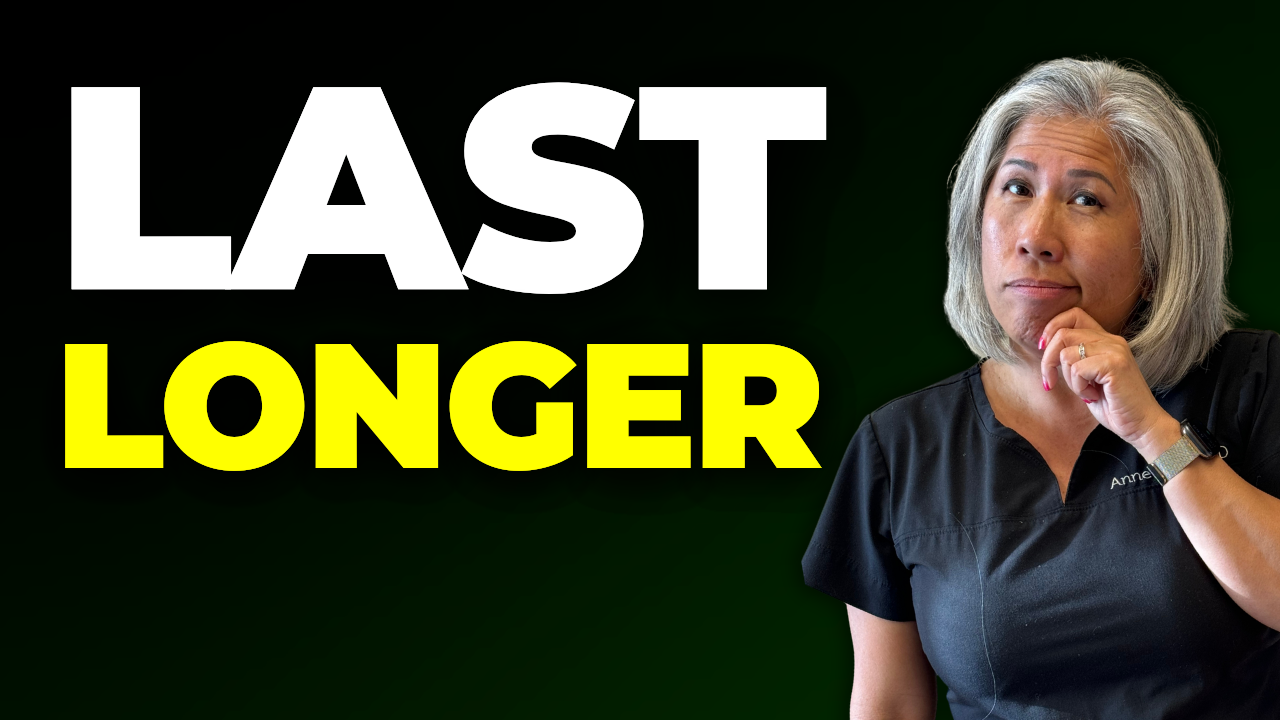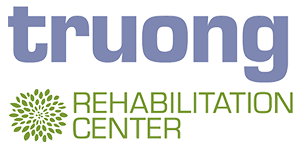Extracorporeal shock wave therapy, most commonly referred to as just shock wave therapy, can be the pain management solution you need. This type of noninvasive treatment works without any type of surgery and without medications to provide pain relief from multiple conditions. For many people, it’s changing their day-to-day focus to include more mobility and a higher quality of life. Could it work for you?
How Does Shock Wave Therapy Work?
Shock wave therapy is perhaps one of the easiest procedures for most patients as it does not cause any discomfort. During it, shockwaves, or sound waves, are sent through the body at the problem area. This is done by applying a device to the area. The shockwaves stimulate the area impacted, encouraging increased blood flow of oxygen- and nutrient-rich blood to the area. In doing this, it is possible to encourage the body’s natural healing process to focus on that area.
By over-stimulating nerves in that area, shock wave therapy also helps to reduce just how much pain you feel during the recovery period. This can provide immediate pain relief while the body works to resolve the underlying problem.
Why Does Shock Wave Therapy Work So Well?
Shock waves are a type of sound wave. They are not harmful to a person. To imagine how they work, consider what would happen if a small explosive went off in a room. The explosion would cause material surrounding the actual explosive device to shatter. However, it could also cause the windows in the room to shatter without anything coming in contact with them. That’s due to shock waves.
They are acoustic pulses that have high positive pressure amplitudes, and steep pressure increases when you compare them to ambient or “normal” conditions. They generally send a single, strong pulse through the area that can cause that type of window-shattering difference.
By focusing the effort of the shock waves on a specific area in a controlled method, it is possible to see a marked improvement in that area. The focused shock waves are produced, delivered, and repeated several times – generally over the course of several treatments – to the area of pain.
As those shock waves move through the area, they stimulate the body’s natural healing response. The cells begin to work harder to regenerate or heal. This is what causes the significant improvement in the area over a course of treatment. And, at the same time, the shock wave works to slightly damage or stun the nerve endings in the area. As a result, the pain sensations are dulled for some time, giving the person faster relief.
When Can Shock Wave Therapy Be Used for Pain?
Every situation is unique. A doctor can provide more specific information based on the underlying cause of the pain as well as the health of the person. Many types of pain can be managed or improved through the use of shock wave therapy. This may include:
- Achilles tendon damage
- Plantar fascia, a type of foot pain
- Elbow pain including tennis elbow
- Knee pain
- Shoulder pain such as rotator cuff damage
- Most types of arm and leg pain related to muscle injury
- Back pain of some types
- Neck pain
Whether from an accident, such as a sports injury or car accident, or from disease, chronic pain, or other causes, shock wave therapy can be significantly effective. It is nearly always customized to address the underlying cause of the problem rather than just reducing symptoms.
What Happens During the Shock Wave Procedure?
Shock wave therapy is very simplistic in terms of how it works. The first step is always to understand the condition and the very specific area of pain. Generally, a tool is used to isolate and focus the shock waves on the area that you wish to receive treatment. The process takes a matter of minutes to complete. There is no pain or discomfort in the process. Most people will need to receive several treatments, generally five or more, over a span of time to see lasting improvement.
It is important to consider the benefits of this procedure. It is not invasive, tends to be affordable, and does not require surgery. It also does not require pain medications and can address most levels of pain with some significant improvement. For those looking for a lasting solution, shock wave therapy can work well.










